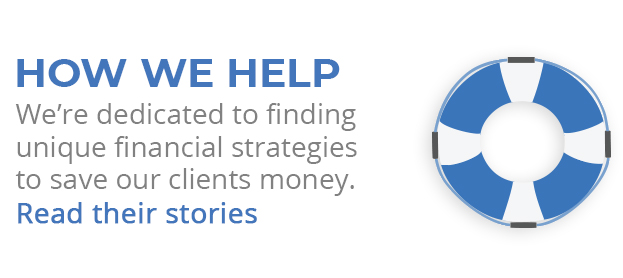
Can you pass this pop quiz?
Knowing what you know right now, what would be the most volatile and potentially risky asset class of these: large U.S. or small U.S.? Yes, small U.S. because the smaller the company is, the more risky it usually is.
Okay, a little harder now. Large developed or large emerging market? Here, both are large, so you have to look at where they are. Developed are usually more stable and secure, and emerging markets are less stable, so the answer would be large emerging market.
Okay, last one. Large U.S. or small emerging market? Definitely small emerging market, because you have small companies in less stable countries.
Are there other ways to chop up different stocks into various categories?
Yes. For example, if you had to group these companies into two groups, Google, Bank of America, Microsoft, Wells Fargo, Facebook, and Visa, how would you do it? They all are big. They are all U.S. companies. What if you looked at what industry they were in? You have Google, Microsoft, and Facebook. They all seem to be technology related. And then you have Bank of America, Wells Fargo, and Visa. They all seem to be finance related. And this is certainly another way to categorize investments – by industry.
Again, why would we do this? Not just for the fun of it. It provides meaningful information to us as investors. We want to know if most of our portfolio is invested in technology stocks versus financial stocks, because these industries are very different and perform differently. It’s possible for financial stocks to do really well, while most technology companies don’t do well. Or vice versa.
We look at asset classes, sub-asset classes, and industries because it provides helpful information and insight on our portfolio, how it might perform, and the amount of risk we are taking.
The proceeding blog post is an excerpt from Get Money Smart: Simple Lessons to Kickstart Your Financial Confidence & Grow Your Wealth, available now on Amazon.


About the Independent Financial Advisor
Robert Pagliarini, PhD, CFP®, EA has helped clients across the United States manage, grow, and preserve their wealth for the past 25 years. His goal is to provide comprehensive financial, investment, and tax advice in a way that was honest and ethical. In addition, he is a CFP® Board Ambassador, one of only 50 in the country, and a real fiduciary. In his spare time, he writes personal finance books, finance articles for Forbes and develops email and video financial courses to help educate others. With decades of experience as a financial advisor, the media often calls on him for his expertise. Contact Robert today to learn more about his financial planning services.










